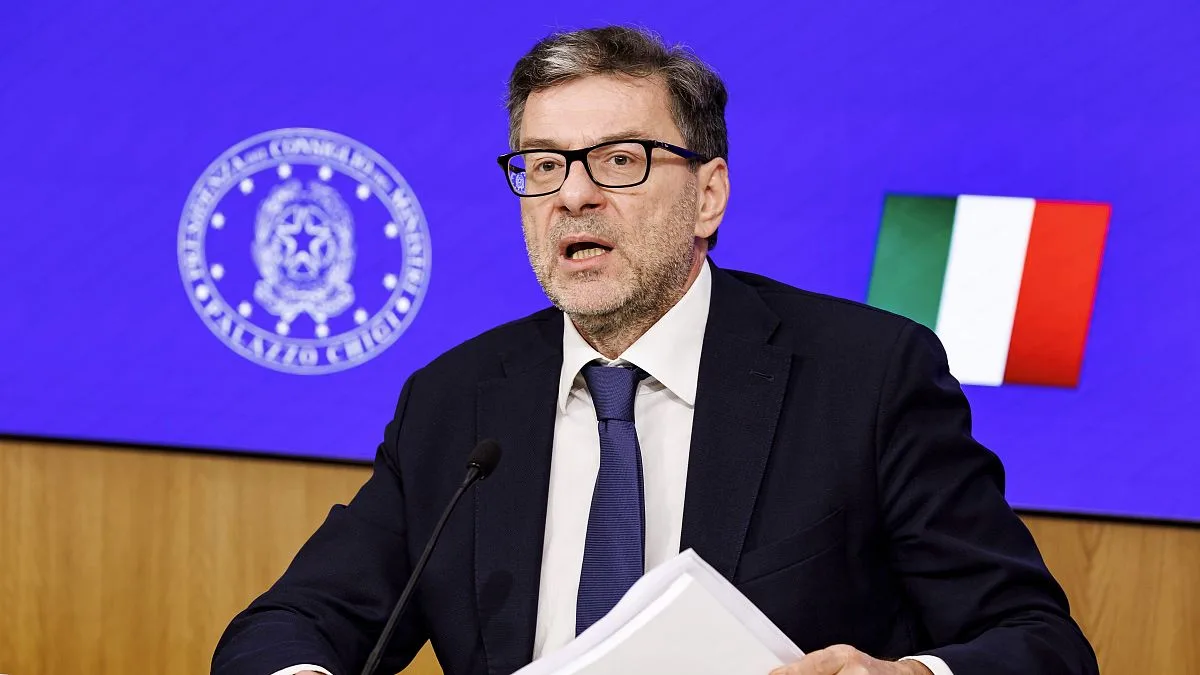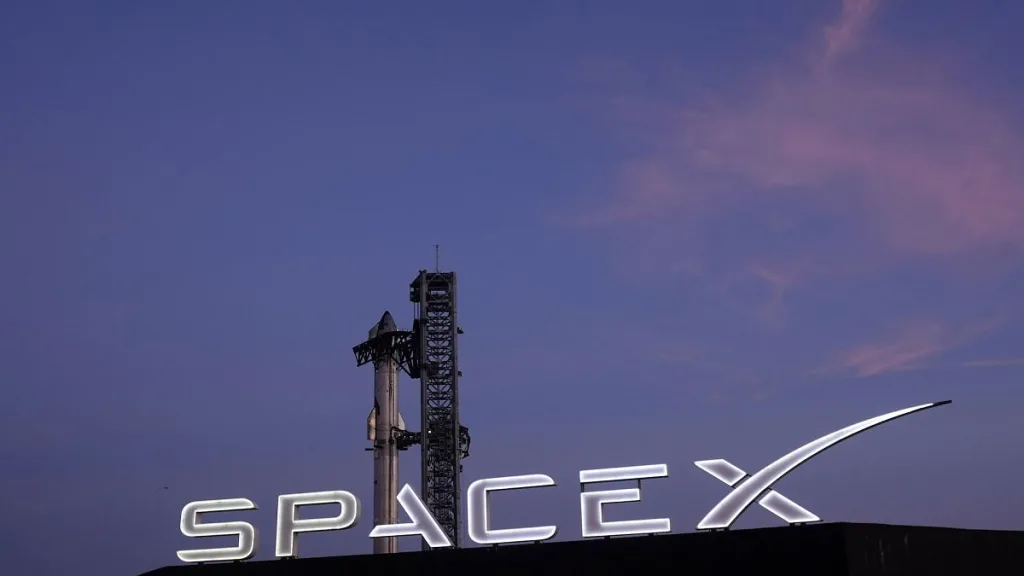The Italian government is set to unveil its budget for the upcoming year, balancing election promises with European Union requirements.
Italy’s far-right administration has given the green light to a budget of approximately €30 billion, emphasizing its commitment to prioritize citizens’ welfare.
To fund this spending, officials anticipate generating around €3.5 billion through a new levy on banks and insurance companies.
During a press conference on Tuesday, Prime Minister Giorgia Meloni asserted that the tax would bolster public services, particularly in healthcare, to support the nation’s most vulnerable populations.
Meloni assured stakeholders on X that “as promised, there will be no additional taxes on citizens.”
The proposed budget law for 2025 was finalized at a cabinet meeting on Tuesday, just in time to submit it to the European Union as required. However, it still awaits approval from the Italian parliament, with a definitive vote anticipated by year-end.
Deficit Reduction Pressure Mounts
Italian Economy and Finance Minister Giancarlo Giorgetti has faced significant pressure to align the urgent need for deficit reduction — a focal point of EU oversight — with the government’s costly electoral assurances.
At a Wednesday press briefing, Giorgetti referred to the new bank levy as a “sacrifice,” despite some labeling it as a profit tax.
Although specific details regarding the financial levy were not disclosed, reports from Italian media suggest it might include the temporary elimination of tax deductions for lenders’ deferred tax assets and an increased tax rate on bankers’ stock options.
This initiative revisits previous plans by the right-wing government, which has criticized banks for their excessive profits amid rising interest rates. Notably, an earlier attempt to introduce a 40% windfall tax on lenders faltered last year after it led to significant declines in Italian banking stocks, prompting the government to shelve the proposal.
Vice-Premier Antonio Tajani indicated on X that the new contribution from banks is expected not to unsettle market conditions.
In addition to the new levy, Giorgetti mentioned that extra funds would be sourced from a spending review across Italian ministries, encouraging a tightening of budgets and a proposal for spending cuts.
The 2025 budget also includes enduring reductions in income tax and social contributions for middle- and low-income earners, which were key pledges during Meloni’s election campaign.
To finance these initiatives, Italy plans to expand next year’s deficit to 3.3% of its gross domestic product, up from an estimated 2.9%.
Rome is under scrutiny for maintaining its financial accounts amid EU concerns regarding its deficit levels beyond the 3% limit, alongside its substantial debt nearing €3 trillion.
Photo credit & article inspired by: Euronews



